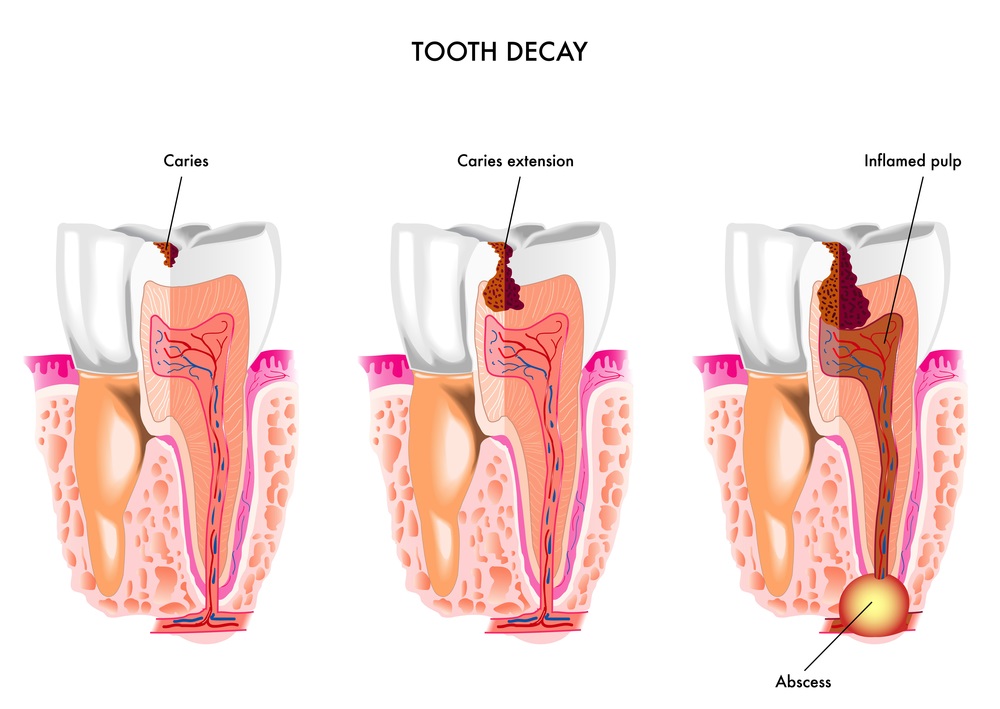Cellulitis is a common type of bacterial skin infection that has the ability to be serious, since it can quickly spread to other areas of the body. It shows up as red, swollen areas of skin that feel tender and hot. While it can affect any part of the body, including the gums and face, it’s most common on the lower legs. In many cases, only the surface of the skin is affected, but tissues beneath the skin may be affected. In rare cases, cellulitis may spread to the bloodstream and lymph nodes. Without treatment, this infection may become life threatening, so seeking medical treatment is essential if you have the symptoms of cellulitis.
Cellulitis Symptoms
In most cases, the symptoms of cellulitis occur on only one side of the body. These symptoms may include:
- Warmth
- Dimpling of the skin
- Skin that is red, and the area of redness may expand
- Pain
- Blisters
- Swelling
- Red spots
- Fever
- Tenderness
If you have a fever along with a tender, swollen, red rash that changes quickly, it’s important to seek emergency treatment. If you have the rash without the fever, see your doctor as quickly as possible.
What Causes Cellulitis
The cause of cellulitis is bacteria that enters through a break or crack in the skin, and the most common types of bacteria causing cellulitis are streptococcus and staphylococcus. The bacteria is more likely to enter through areas of skin that have been disrupted, such as areas where you’ve have an ulcer, dermatitis, a cut, puncture wound, or a surgery. The bacteria that begin the infection may also be transmitted via spider or other insect bites.
Treating Cellulitis
In most cases, cellulitis is treated with prescription antibiotics. After starting oral antibiotics, it’s essential for patients to let the physician know if the infection is beginning to respond to treatment. Patients should always take all of the antibiotics prescribed. In many cases, the antibiotics clear up the symptoms of the problem within a few days. However, if symptoms don’t clear up with oral antibiotics, you develop a high fever, or the symptoms are severe, you may require hospitalization and intravenous antibiotics to clear up the infection.
Facial Cellulitis is a Dental Emergency

A dental abscess, which is typically produced by tooth decay, can quickly lead to facial cellulitis and it must be treated as soon as possible.
Again, cellulitis may occur in any part of the body, and one part is the face. Facial cellulitis is often caused by a dental abscess, which is a bacterial infection at the base of the tooth.
If you suspect you have a dental abscess with facial cellulitis, contact us at Gulf Coast Endodontics as soon as possible. We offer emergency dental services. Our quality Houston endodontics professionals can help you stay healthy, whenever necessary.
